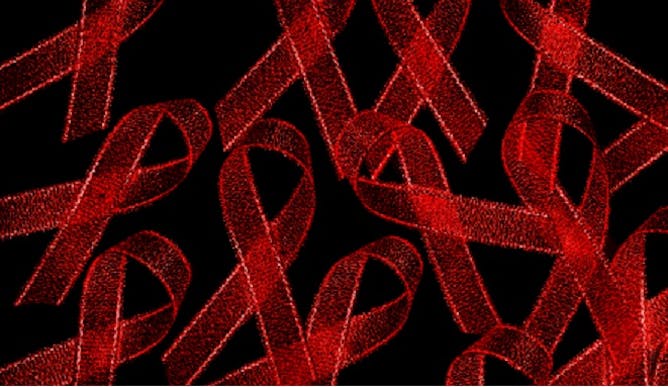| |
|
|
|
|
|
|
| |
|
Editor's note
|
|
More than 36 million people across the world live with HIV. In the last three decades sustained investment and big scientific breakthroughs have led to enormous strides being made in the battle against the disease. But stigma remains a stumbling block – and as Linda-Gail Bekker explains, it means that people don’t get treatment or they abandon their drug regimens. Ultimately this means that the world’s no closer to getting the disease under control.
Do events in Zimbabwe hold lessons for Uganda where President Yoweri Museveni is trying to extend his nearly 30-year reign? Justin Willis, Gabrielle Lynch and Nic Cheeseman argue that they do: the main one is that elections without choice have their uses, but they cannot ensure stable succession.
thanks!
When American cultural anthropologist Alma Gottlieb lived in Côte d'Ivoire doing ethnographic fieldwork she had a realization: childrearing practices vary around the world, but the kids typically grow into healthy, happy adults regardless. Here she uses the example of diverse toilet-training practices to show there’s more than one path to raising a well-adjusted child.
|
|
|
Top story
|

Shutterstock
Linda-Gail Bekker, University of Cape Town
Stigma stops people from getting tested for HIV, and staying on their treatment. Unless it's addressed, the AIDS epidemic will persist.
|
Arts + Culture
|
-
Alma Gottlieb, University of Illinois at Urbana-Champaign
Opening the minds of worried new parents to other ways of raising children may assuage fears that if they fail to 'do the right thing,' their children will be doomed.
|
|
Politics + Society
|
-
Justin Willis, Durham University; Gabrielle Lynch, University of Warwick; Nic Cheeseman, University of Birmingham
As a young radical in the 1980s, Museveni publicly scorned African rulers who clung to power. Now, after 30 years in office, he is clearly clinging pretty hard himself.
-
Melanie Klinkner, Bournemouth University
Forensic science of the dead helps to convict the living responsible.
-
Dennis Jett, Pennsylvania State University
A former diplomat and foreign policy expert explains just how easily the president could bypass objections to war, from Congress to dissenting generals.
|
|
Business + Economy
|
-
Masaō Ashtine, University of the West Indies, Mona Campus
Tesla, China and Richard Branson are among those offering to help Caribbean nations rebuild – and do so in a greener, more resilient way – after the devastating 2017 hurricane season.
|
|
Environment + Energy
|
-
Rebecca Gruby, Colorado State University; Lisa Campbell, Duke University; Luke Fairbanks, Duke University; Noella Gray, University of Guelph
Scientists call large marine protected areas effective tools for conserving sea life. But do they benefit countries that create them? Scholars explain how Palau's huge marine protected area seeks to protect resources for Palauans.
-
Eleanor Jew, University of Leeds
New research shows just how bad tobacco farming can be for the environment and for farmers.
|
|
Science + Technology
|
-
Andy Hardy, Aberystwyth University
Epidemiologists and public health managers are looking to complement indoor-based malaria solutions with those that focus on the outdoors. Drones are a crucial part of their armoury.
|
|
| |
| |
| |
| |
| |
| |
|
|
|
|
|
|
|
|